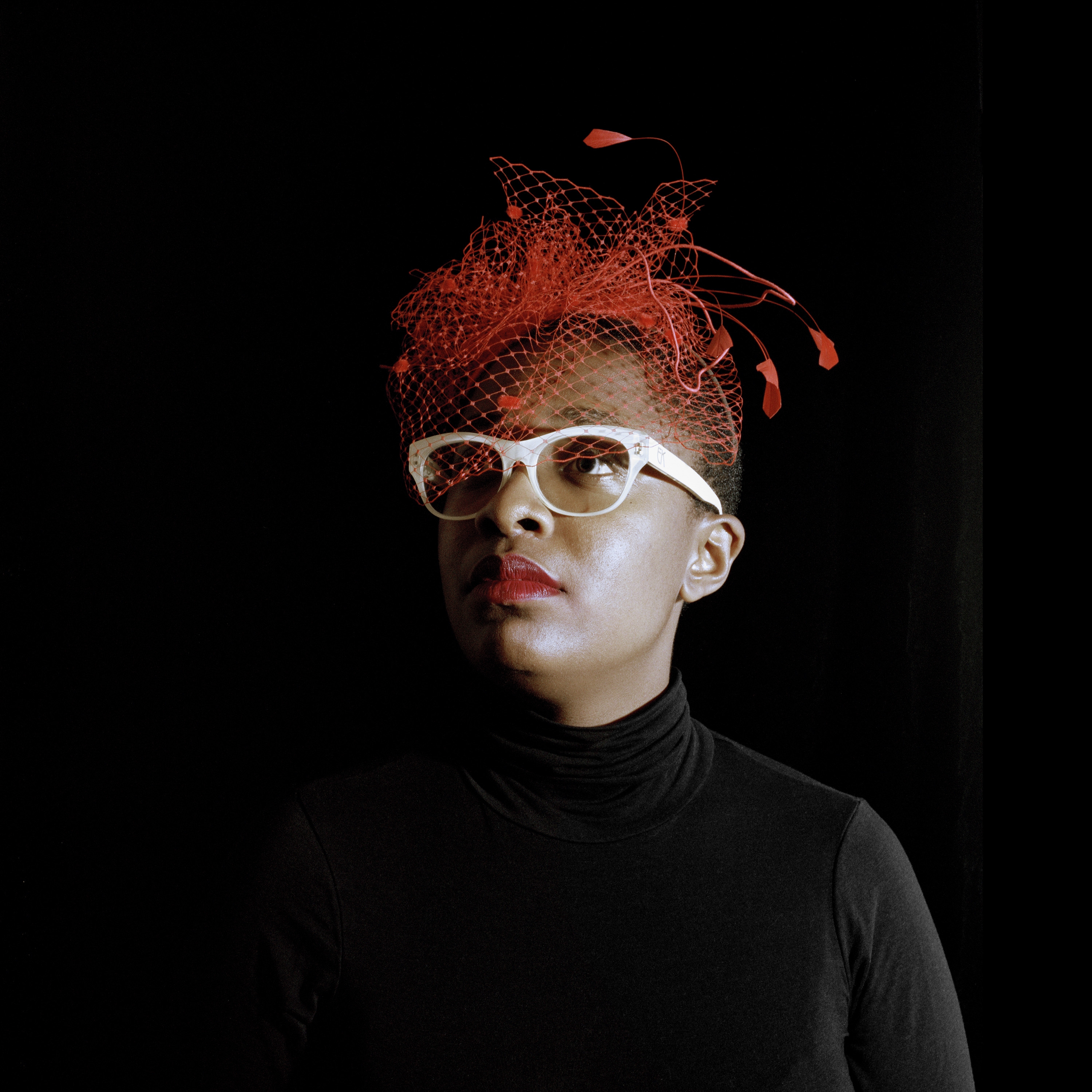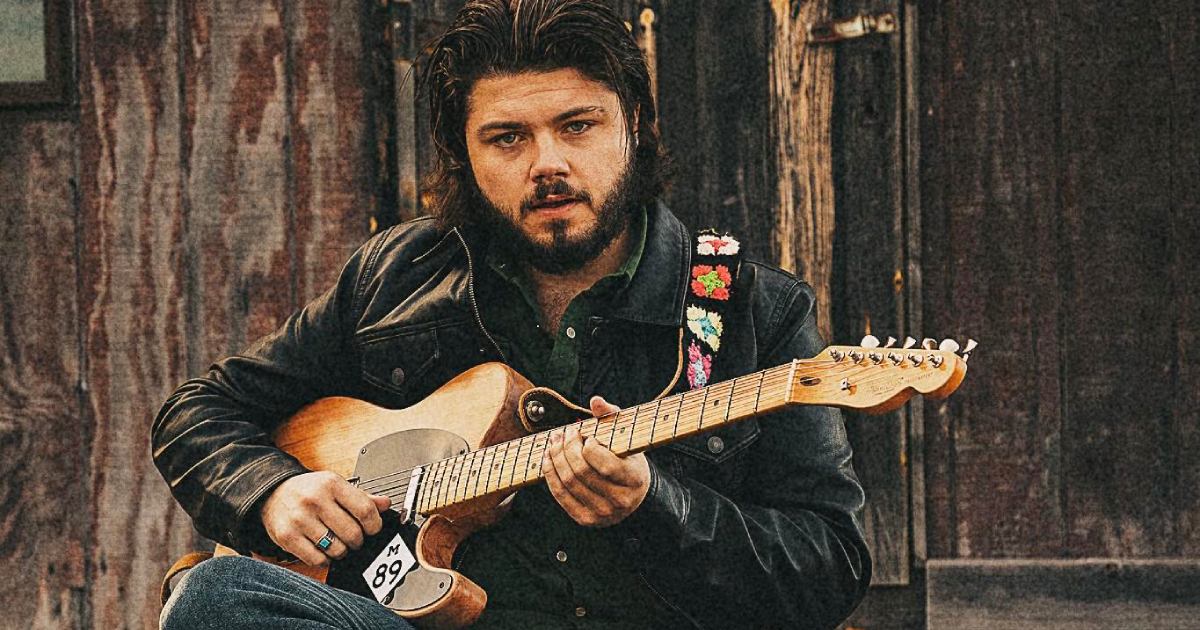If jazz is about creating tension between tradition and innovation, singer Cécile McLorin Salvant is an undeniable voice leading the genre today.
Ever since she stunned judges and took first place at the prestigious Thelonious Monk International Jazz Competition in 2010, the 27-year-old has established a legacy through an extraordinary command of jazz mythology augmented with her own eclectic tastes and surprising interpretations. Revue talked with Salvant about where her art is headed next and the inspiration and motivations that are driving her.
You won the Grammy Award for Best Jazz Vocal Album last February. With that award under your belt, how are you looking to challenge yourself as an artist in the near future?
I’m working on a partly live album right now with my trio: Aaron Diehl on piano, Lawrence Leathers on drums and Paul Sikivie on bass. We already recorded it and now we’re adding the final touches. I’m also excited to be working in different configurations coming up next year — as a duo with a pianist, and across Europe with a band of all female jazz musicians that includes Terri Lyne Carrington, Renée Rosnes, Nat Collins, Melissa Aldana, Linda Oh and Ingrid Jensen. I’m also writing more and exploring other aspects of art that I’m interested in, and how I can incorporate that into what I do musically with jazz.
You’re known for your malleable onstage persona. Any characters you’ve been experimenting with recently?
I’ve been thinking about all the different ways I could pursue that. I’ve never taken an acting class, so even participating in acting in a way that’s separate than music would be interesting. It could also mean auditioning, or bringing more theatrical elements into a show. It would be interesting to see how far outside myself and my experience I can go as a performer.
You do a lot of research to find some of your material. Have you always had a curiosity to uncover things that have been forgotten with time?
I think I’ve always had a fascination with things that are precious and not well known. To me, it’s fun to spend a day listening to albums and finding connections between them. It’s such a wonderful feeling when you discover that one song that only one person has ever recorded, and it’s a great song. It just excites me and I want to share what I’m discovering in my performances.
You got your start in classical and baroque voice when you studied in France. What was difficult or easy about making the switch to jazz?
What was hard was the improvisation. I never wanted to get off the song on the page, so that was something I really had to work at. It was also a question of getting the vocabulary. Jazz isn’t just about being free — it’s about being free with the right tools. On the easy side, I think classical singing helped me with diction and understanding the characters and their arc within the greater context of the work. I always put myself into my performances, since I tend to choose songs that I connect with at a deep level, but it was helpful to have that background.
Your last album seemed more personal. Are you continuing along that route or looking to explore different stories through your writing?
The compositions I’m working on now are less personal in a way. I mean, it’s always personal when you write, but now it’s less about my own little world. My last album was really like a diary, where the songs that I wrote were about specific events and people. Now all of the things I’m writing are personal in the sense that I’m writing them, but are more universal thoughts about life, people and how they interact.
Jazz can seem intimidating for some. What advice do you have for people who want to get into the genre?
I think the first thing to realize is that jazz is such a huge genre with so many different sounds and dimensions. It’s important to not be stuck on one thing if you don’t like it, or you think it’s too difficult or too corny. But I think it’s one of the more enriching types of music because of the dialogue that you have with other musicians. Once you experience that interaction with others, it’s a huge motivation to keep going.
Cécile McLorin Salvant
Dec. 8, 7:30 p.m.
St. Cecilia Music Center
24 Ransom Ave. NE, Grand Rapids
$38, $42, scmc-online.org, (616) 459-2224





